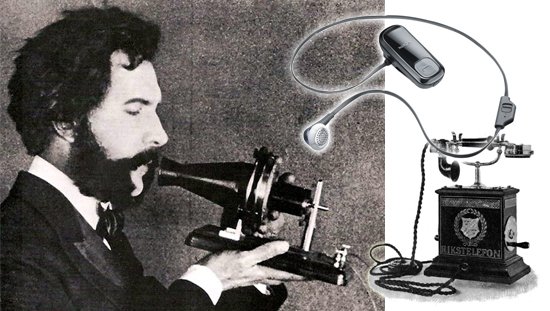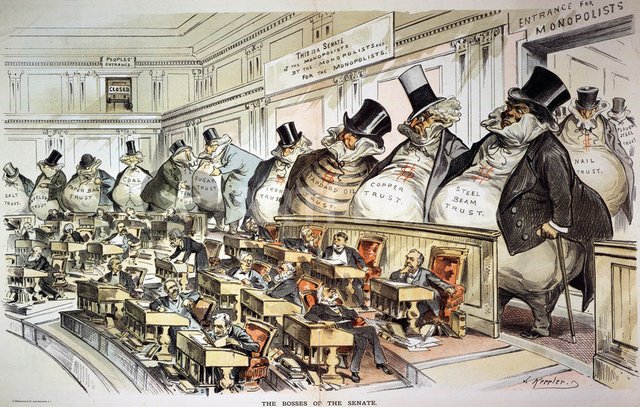AT&T for light reading

As we all know, AT&T is the originator of the communication industry. The company was founded in 1877 by the father of the telephone, Alexander Bell. This century-old imperial enterprise was reorganized in its heyday and separated into three branches: AT&T, Lucent and NCR. AT&T has mainly engaged in In the telecommunications services business, Lucent is engaged in equipment manufacturing business and NCR is involved in the computer business. Ten years later, AT&T and Lucent were acquired by SBC and Alcatel. AT&T's contribution to the development of human civilization is also evident to all. Among them, Bell Laboratories, a research institute established at the company's heyday, has out of 11 Nobel Prize winners.
Antitrust law

The telephone technology had protected by the patent for the early, So! It's well for the first 10 years. This patent is expiration dates at 1895, and all of a sudden has founded about 6000
other Telephone companies, but success to competitors by innovative technology and best business way, AT&T had success to monopolistic competition for telecommunications businesses at the start of the 20th century. And have too many businesses from abroad. So! The trouble is coming, and the US justice department is eyeing. In 1913, according to the Justice Department's Kingsburg agreement, AT&T had to stop its expansion. In 1925, it began to pruning and cutting leaves, But it's good things, To escape the Great Depression of 1929-1933. After the Great Depression, the company's business recovered quickly. After World War II, the telephone penetration rate reached 50%. AT&T became one of the most profitable companies in the United States. In general, when a company begins to monopolize an industry, it will be more inclined to use its monopoly resources instead of relying on technological progress to obtain more benefits. However, it also prompted AT&T to consolidate its technical leadership.
Stock market

Since 1994, the US economy has fully recovered, and the US stock market has skyrocketed since 1995 until the end of 2000. Due to the competition between AT&T's other two parent phone companies, MCI and Sprint, the latter refused to purchase AT&T's telephone equipment. At that time, the AT&T equipment manufacturing department hoped to be listed separately through separation. They thought that after divorce, they would get in the short term. Sprint and MCI's orders so that stocks will skyrocket, for senior management or investors, can be a job during the tenure, why not? So kill the goose that lays the golden eggs was started.
The rise of the Internet

Before the rise of the Internet, fixed-line telephones were almost the only means of interactive communication between humans. After the growth of the Internet, the situation is different. When people have a real-time communication method that doesn't require money, no one will pay for an international long distance of $3 a minute. In 2004, as AT&T's influence became smaller and smaller, it was finally removed from the Dow Jones Industrial Index. Ironically, the SBC company that replaced it was the seven Beckham companies that were separated from AT&T in 1984. The smallest Southwest Bell company. Only SBC considers AT&T's reputation for being more significant than itself. The new company uses the AT&T name. Therefore, today's AT&T is not the AT&T of the year. With the decline of AT&T, many excellent scientists and engineers, including Ken Thompson, one of the inventors of the Unix operating system and C language, have come to the emerging Google company. In the fastest-growing technology of the 1990s, AT&T wasted more than just the technology and opportunities. Because at that time, from Wall Street to its executives and employees, most of them wanted to get a quick break from it. In the past, the US government repeatedly asked for the dismantling of AT&T, but in the 10 years when the US economy was the best and the technology was the fastest growing, it dismantled itself. In this way, it can not only grasp the opportunity of the information revolution in the past 10 years, but also bury itself in the wave of the Internet.
From "On Top of Tides"